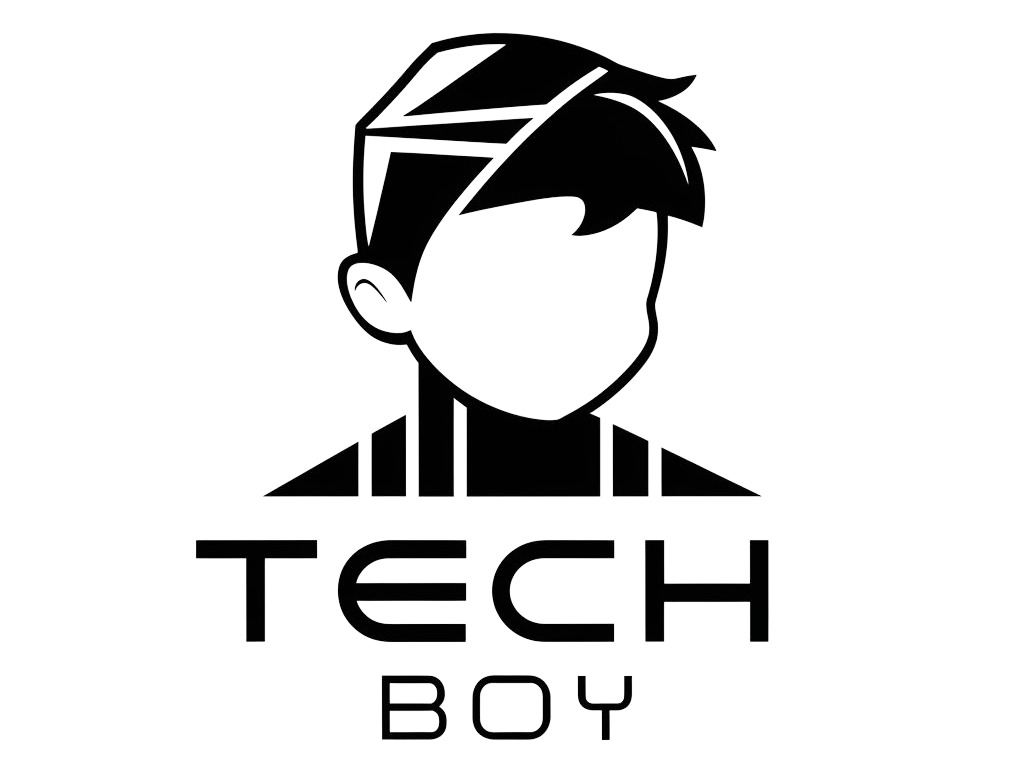Microsoft introduces Phi-4, an AI model for advanced reasoning tasks
Microsoft has announced Phi-4 — a new AI model with 14 billion parameters — designed for complex reasoning tasks, including mathematics. Phi-4 excels in areas such as STEM question-answering and advanced problem-solving, surpassing similar models in performance.
Phi-4, part of the Phi small language models (SLMs), is currently available on Azure AI Foundry under the Microsoft Research License Agreement and will launch on Hugging Face next week, the company said in a blog.
The company emphasized that Phi-4’s design focuses on improving accuracy through enhanced training and data curation.
To put into perspective, large language models (LLMs) like ChatGPT 4 and Google Gemini Ultra operate with hundreds of billions of parameters.
“Phi-4 outperforms comparable and even larger models on tasks like mathematical reasoning, thanks to a training process that combines synthetic datasets, curated organic data, and innovative post-training techniques,” Microsoft said in its announcement.
How does it stack up against competitors?
The model leverages a new training approach that integrates multi-agent prompting workflows and data-driven innovations to enhance its reasoning efficiency. The accompanying report highlights that Phi-4 balances size and performance, challenging the industry norm of prioritizing larger models.
“The goal with Phi-4 is to explore the efficiency of smaller models while maintaining accuracy,” Microsoft researchers noted in the technical documentation.
Microsoft’s Phi-4 competes directly with models such as OpenAI’s GPT-4o Mini, Anthropic’s Claude 3 Haiku, and Google’s Gemini 1.5 Flash, each catering to specific applications in the small language model landscape.
While GPT-4o Mini is designed for cost-efficient customer support and operations requiring large context windows, Claude 3 Haiku excels in summarization and extracting insights from complex legal or unstructured documents. Meanwhile, Gemini 1.5 Flash offers better performance in multimodal applications, thanks to its ability to handle massive context windows, such as analyzing video, audio, and extensive text datasets.
Phi-4 achieved a score of 80.4 on the MATH benchmark and has surpassed other systems in problem-solving and reasoning evaluations, according to the technical report accompanying the release.
This makes it particularly appealing for domain-specific applications requiring precision, like scientific computation or advanced STEM problem-solving.
Focus on responsible AI
Microsoft emphasized its commitment to ethical AI development, integrating advanced safety measures into Phi-4. The model benefits from Azure AI Content Safety features such as prompt shields, protected material detection, and real-time application monitoring. These features, Microsoft explained, help users address risks like adversarial prompts and data security threats during AI deployment.
The company also reiterated that Azure AI Foundry, the platform hosting Phi-4, offers tools to measure and mitigate AI risks. Developers using the platform can evaluate and improve their models through built-in metrics and custom safety evaluations, Microsoft added.
Broader implications
Phi-4’s efficiency and reasoning capabilities may prompt organizations to reconsider the relationship between model size and performance. The release is expected to play a role in advancing applications requiring precise reasoning, from scientific computations to enterprise automation.
With Phi-4, Microsoft continues to evolve its AI offerings while promoting responsible use through robust safeguards. Industry watchers will observe how this approach shapes adoption in critical fields where reasoning and security are paramount.






